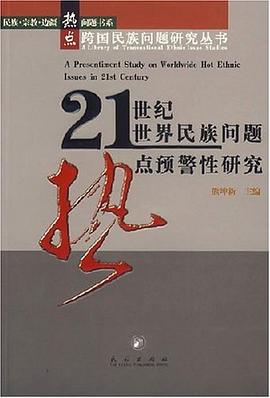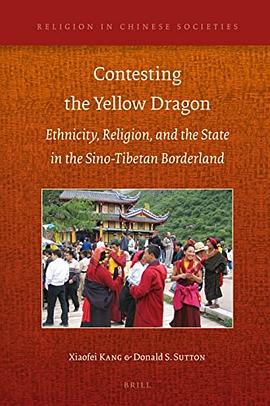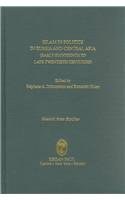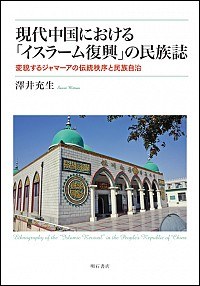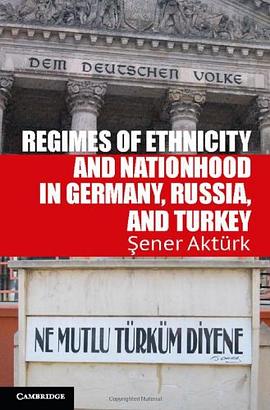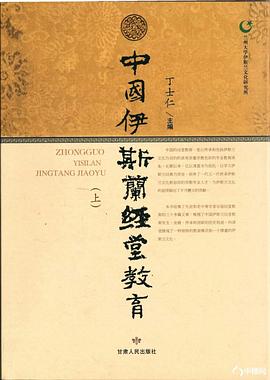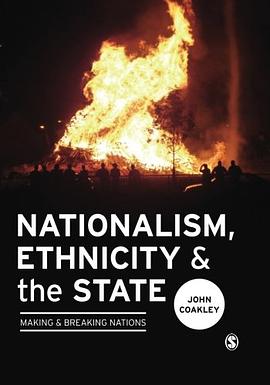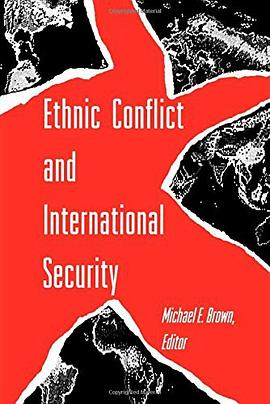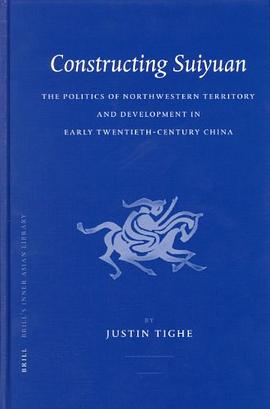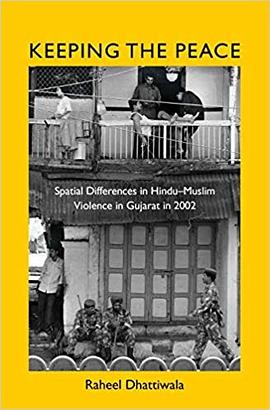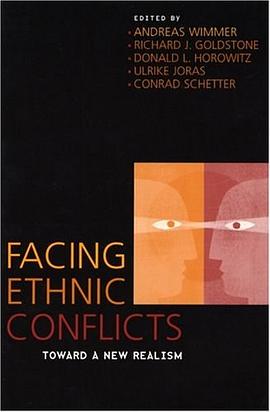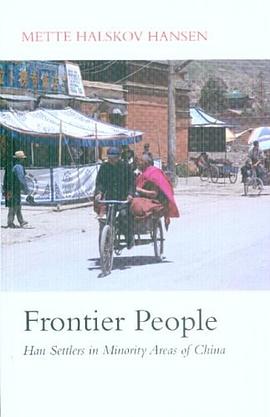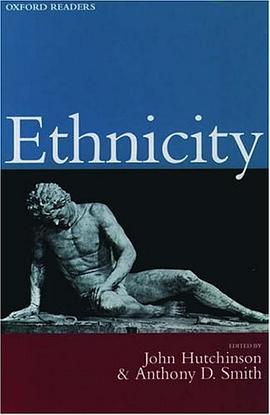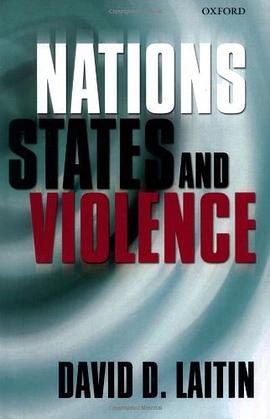

Nations, States, and Violence presents a revisionist view of the sources of nationalism, the relationship of the nation to culture, and the implications of nationalism and cultural heterogeneity for the future of the nation-state. It accepts the now-standard view that national identities are not inherited traits but constructed communities in order to serve political ends. But the resulting national identities do not emerge from some metaphorical plebiscite as had been suggested by some; rather they result from efforts by people to coordinate their identities with people who share at least some cultural traits with them. Coordination leads to powerful social and cultural ties that are hard to unravel, and this explains the persistence of national identities. Understood as the result of coordination dynamics, the implications of national homogeneity and heterogeneity are explored. The book shows that national heterogeneity is not, as it is sometimes accused of being, a source of hatred and r s1ence. Nonetheless, there are advantages to homogeneity for the production of public goods and economic growth.Whatever the positive implications of homogeneity, the book shows that in the current world, classic nation-states are defunct. Heterogeneity is proliferating not only due to migration but also because small groups in many states once thought to be homogeneous are coordinating to demand national recognition. With the prohibitive costs of eliminating cultural heterogeneity, citizens and leaders need to learn how best to manage, or even take advantage of, national diversity within their countries. Management of diversity demands that we understand the coordination aspects of national heterogeneity, a perspective that this book provides. In addition to providing a powerful theory of coordination and cultural diversity, the book provides a host of engaging vignettes of Somalia, Spain, Estonia, and Nigeria, where the author has conducted original field research. The result is a book where theory is combined with interpretations of current issues on nationalism, economic growth, and ethnic violence.
具体描述
读后感
评分
评分
评分
评分
用户评价
1. 这么大的题目这么短的篇幅,我还没看就知道会是over-simplification。2. 07年正值欧洲一体化形势一片大好,高加索巴尔干各种危机彻底冷藏,这样的形势下提出这么乐观的估计一点也不奇怪。3. 第一章定量分析民族问题和暴力冲突的关系,结论是没关系,但这犯了他自己在第二三章中提到的问题,即correlation不能说明因果。4. 最后一章为multi-national state辩护。跟Kymlicka从同样的原则出发却得出相反的结论,即自由主义多元文化最大的威胁不是来自对少数语言的剥夺,而是来自对少数语言的强化。5. 用game theory解释民族问题。其最根本的问题出在大前提,即all actors are rational。但并不是。况且也不是所有选择都摆在可见的地方。
评分1. 这么大的题目这么短的篇幅,我还没看就知道会是over-simplification。2. 07年正值欧洲一体化形势一片大好,高加索巴尔干各种危机彻底冷藏,这样的形势下提出这么乐观的估计一点也不奇怪。3. 第一章定量分析民族问题和暴力冲突的关系,结论是没关系,但这犯了他自己在第二三章中提到的问题,即correlation不能说明因果。4. 最后一章为multi-national state辩护。跟Kymlicka从同样的原则出发却得出相反的结论,即自由主义多元文化最大的威胁不是来自对少数语言的剥夺,而是来自对少数语言的强化。5. 用game theory解释民族问题。其最根本的问题出在大前提,即all actors are rational。但并不是。况且也不是所有选择都摆在可见的地方。
评分矛盾。。
评分nation is built upon collective culture which ultimately achieves an equilibrium result of a coordination game. Nation could be recreated by changing payoffs of the game to initiate a process towards the other end of equilibrium.
评分at least the dynamic equilibrium is useful
相关图书
本站所有内容均为互联网搜索引擎提供的公开搜索信息,本站不存储任何数据与内容,任何内容与数据均与本站无关,如有需要请联系相关搜索引擎包括但不限于百度,google,bing,sogou 等
© 2025 book.wenda123.org All Rights Reserved. 图书目录大全 版权所有



